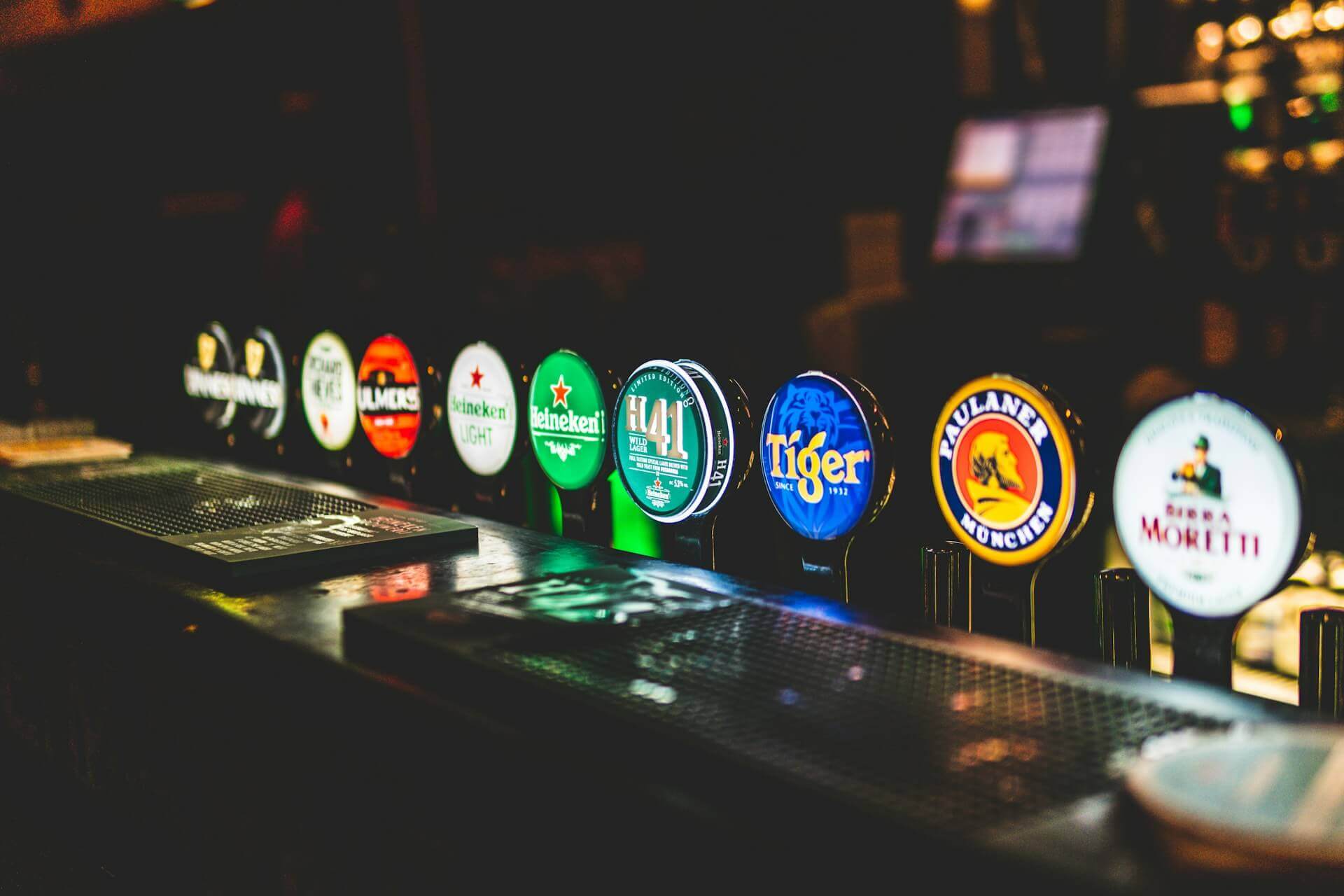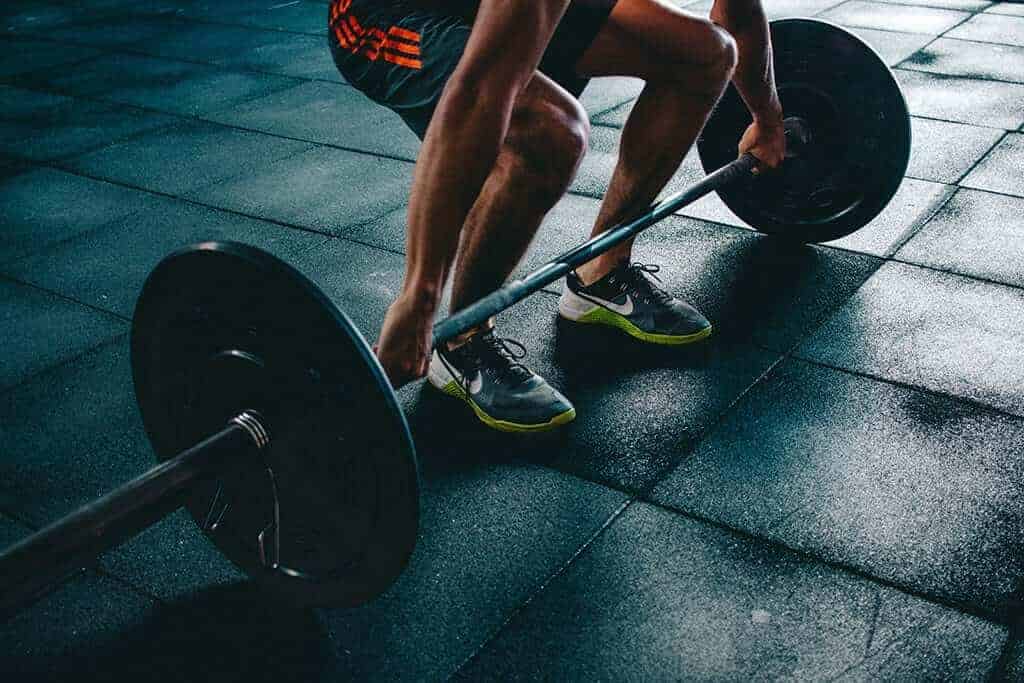Mixing alcohol and exercise might seem like a harmless combination to some, especially after a night out when you want to work off those extra calories. However, this seemingly innocent decision can have serious repercussions on your health and fitness journey. In this article, we will explore the various reasons why hitting the gym after drinking alcohol is not only ineffective but also potentially dangerous.
Dehydration and Its Consequences
One of the most immediate and obvious effects of alcohol consumption is dehydration. Alcohol is a diuretic, meaning it increases urine production and leads to the loss of fluids and electrolytes. When you exercise, your body also loses fluids through sweat. Combining these two activities exacerbates dehydration, which can lead to:
• Decreased Performance: Dehydration reduces blood volume, making it harder for your heart to pump blood to your muscles. This can result in reduced strength, endurance, and overall performance.
• Muscle Cramps and Fatigue: Lack of proper hydration can cause muscle cramps and early onset of fatigue, making your workout not only less effective but also uncomfortable and potentially painful.
• Increased Risk of Injury: Dehydrated muscles are more prone to strains and injuries. Your reaction times are slower, and your coordination is impaired, increasing the likelihood of accidents.
Impaired Muscle Recovery
Alcohol negatively affects muscle recovery, which is crucial after a strenuous workout. Here’s how:
• Protein Synthesis Inhibition: Alcohol interferes with protein synthesis, the process your body uses to repair and build muscle tissue. This means your muscles won’t recover as efficiently after your workout, slowing down your progress.
• Increased Inflammation: Alcohol consumption can increase inflammation in your body, further hindering the muscle recovery process and leading to prolonged soreness and stiffness.
• Hormonal Imbalance: Alcohol disrupts the balance of hormones like testosterone and growth hormone, which are essential for muscle growth and repair.
Compromised Mental and Physical Coordination
Alcohol impairs both your mental and physical coordination, which is crucial for safe and effective workouts.
• Reduced Focus and Concentration: Alcohol impacts your brain’s ability to focus and concentrate, making it harder to perform exercises with proper form. This can lead to ineffective workouts and increase the risk of injury.
• Impaired Balance and Coordination: Many exercises, especially those involving weights or complex movements, require good balance and coordination. Alcohol impairs these abilities, making such exercises risky.
• Slower Reaction Times: Delayed reaction times can make it difficult to respond to changing situations during your workout, such as adjusting your grip or stance to maintain balance.
Negative Impact on Heart Health
Your heart works hard during exercise to pump blood and deliver oxygen to your muscles. Alcohol consumption puts additional strain on your cardiovascular system.
• Increased Heart Rate: Alcohol can increase your heart rate, and combining this with the elevated heart rate from exercise can put undue stress on your heart.
• Blood Pressure Fluctuations: Alcohol can cause fluctuations in your blood pressure, which, when combined with the demands of exercise, can be dangerous, particularly for those with existing cardiovascular issues.
Poor Judgment and Decision-Making
Making sound decisions is crucial for a safe and effective workout. Alcohol impairs your judgment, leading to poor decision-making, such as:
• Choosing Inappropriate Exercises: You might opt for exercises that are too challenging or unsafe given your impaired state.
• Ignoring Body Signals: Alcohol can dull your perception of pain and fatigue, making you more likely to push beyond safe limits and risk injury.
• Overestimating Abilities: Under the influence of alcohol, you might overestimate your strength and endurance, attempting weights or exercises that your body isn’t prepared for.
Metabolic Disruptions
Alcohol can disrupt your metabolism, affecting how your body processes nutrients and stores energy. When you exercise, your body relies on efficient metabolic function to fuel your muscles and burn calories. Drinking alcohol can interfere with this process, leading to less effective workouts and a slower rate of fitness progress.
Lowered Immune Function
Alcohol consumption can weaken your immune system, making you more susceptible to infections and illnesses. Engaging in intense physical activity after drinking can exacerbate this effect, leaving you vulnerable to colds, flu, or other infections. This can disrupt your fitness routine and overall health, sidelining you from the gym for longer periods.
How Long Should You Wait?
After consuming alcohol, it’s essential to give your body enough time to process and eliminate it from your system before heading to the gym. The time it takes to metabolize alcohol can vary based on several factors, including the amount consumed, your body weight, and your overall health. On average, your body can metabolize one standard drink (about 14 grams of pure alcohol) per hour. However, it’s advisable to wait at least 24 hours after drinking before engaging in any strenuous exercise. This ensures that your body is adequately rehydrated, your coordination is back to normal, and you’re ready for a safe and effective workout.
While the idea of burning off some extra calories from a night of drinking might be tempting, the negatives far outweigh the benefits. Dehydration, impaired recovery, compromised coordination, and increased cardiovascular strain are just a few of the reasons to avoid the gym after consuming alcohol. For the sake of your health and fitness progress, it’s best to separate these activities and give your body the proper care and respect it deserves. Your workouts will be more effective, safer, and more enjoyable when you’re fully hydrated, focused, and alcohol-free.



